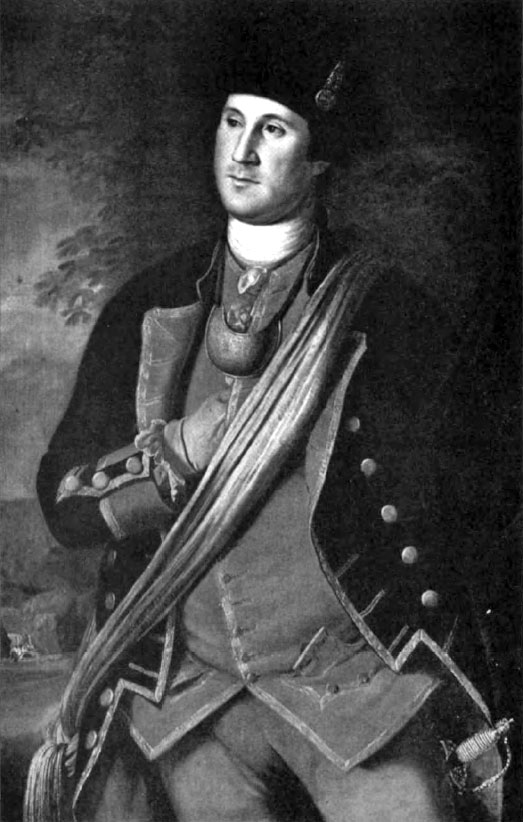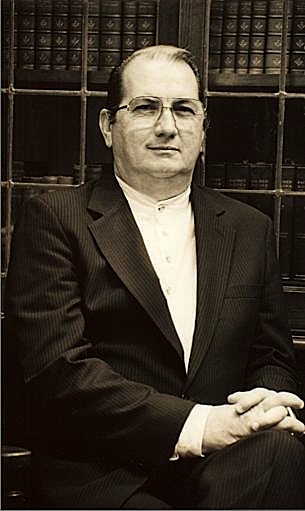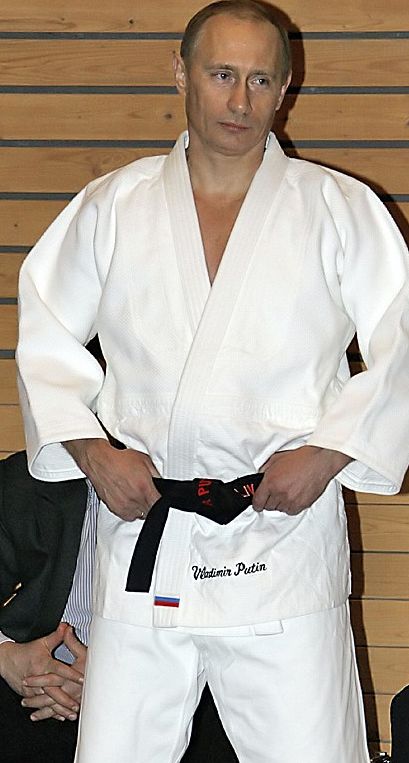With respect to Religion, it is not even admitted among the sciences to be studied by the Epopts; the Code has, however, furnished them with a
p. 535
means of traducing and blaspheming it.—That the Epopt may never be at a loss for questions of this nature to solve or propose, he will have them noted on a register in alphabetical order. “For example,” says the Code, “at the Letter C in the register of secret sciences and hieroglyphics the word Cross is to be found, and under it is the following note—For the antiquity of this hieroglyphic, consult such a work, printed such a year, such a page, or else such a manuscript, signature M.” 9 It is not necessary to be endowed with any extraordinary share of perspicacity to see that the whole object of these pretended secret sciences, or hieroglyphics, is merely to teach the young pupils to view the Cross in no other light than as an ancient hieroglyphic erected by ignorance and superstition into a symbol of the redemption of mankind. The illuminized explanation of this glorious symbol will, doubtless, long remain buried in the Occult Sciences of the Order. Meanwhile we may defy them to point out in the history of mankind any nation whatever revering the cross as the symbol of salvation anterior to the grand epoch when the Son of Man died on the cross to consummate the triumph of Christianity.
The Epopts have also their historians and annalists, and their duties are laid down in the Code. The following rules may be remarked:—Each province of Illuminism must have its historian, in imitation of the ancient annalists and chronologists. He is to keep a journal, in which, beside facts of public notoriety, he will particularly collect, and even give the preference to, anecdotes of secret history.—He will endeavour to redeem from oblivion all men of merit, however deep they may have sunk into obscurity—He will make them known to the Provincial, who will inform the Brethren of their situation—Each Provincial will have a Calendar of his own, in which (instead of saints) for each day of the year shall be inscribed the name of some man as an object of veneration or execration, according as he has merited or demented of the Sect.
My name may perhaps be inscribed under the black letter; but I anticipate the glory and consolation of seeing it by the side of that of Zimmerman and of Hoffman, who, like myself, are entitled to the sable wreath twined by Illuminism for its most strenuous opponents. But how different is that to which the Code declares that all the Brethren may aspire!—Probably, to be seated beside a Brother Mirabeau or a Marat.
The same laws ordain, that the Chronologist shall inform the Minerval Lodges of all memorable facts.—He will not fail to insert all mean and odious actions, nor to paint them in their proper colours. He will not pass unnoticed those of men occupying the first dignities, or enjoying the highest consideration. 10
Next to the laws of the historian follow those for the Epopt who superintends that branch of science relating to politics, and particularly to the knowledge of mankind. The reader has already seen what stress the Order lays upon this science, and how much they make it depend on the spirit of observation—Let no Brother pretend to the dignity of Epopt, nor to the honour of presiding over any branch of science, until he has answered the three following questions—What is the spirit of observation?—How is this
p. 536
spirit to be acquired, and what constitutes a good observer?—What method is to be followed, in order to make just and exact observations?—When an Epopt has sufficiently distinguished himself by his answers on these heads, to be judged worthy of being chosen the chief of the observers or scrutators, he is entrusted with all those notes which the reader has seen the Sect so carefully collecting on the character, the passions, the talents, and history of the Brethren. When these notes contain the portrait or life of any adept more than commonly interesting, he will make him (without naming him) the object of various questions to be proposed to the Minerval Schools. He will ask, for example, What are the ideas which a man, with such and such passions or dispositions, will adopt or reject?—How on such data can such and such inclinations be encouraged or weakened?—What adept could be employed with most advantage in such a business?—What must such a man’s ideas be on Religion and Governments?—Can he be looked upon as being superior to all prejudices, and ready to sacrifice his own personal interest to that of Truth?—Should he be deficient in confidence and attachment, what means should be employed to invigorate them, and what sort of man would be the fittest for such an undertaking?—Finally, what employment in the state, or in the Order, would he fill to the greatest advantage, or in which would he be the most useful?

Moe is the founder of GnosticWarrior.com. He is a father, husband, author, martial arts black belt, and an expert in Gnosticism, the occult, and esotericism.





